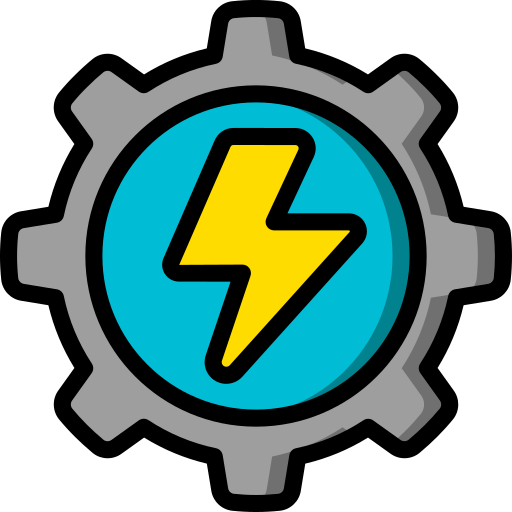Bonding.
The act of interconnecting two or more conductive bodies to establish electrical continuity and conductivity.
Baseline Speed.
Listed on the nameplate of a given electric motor, the baseline speed is the full-load or running speed or rpm of the motor when it is operated at its rated voltage, rated full-load current, rated frequency (AC motors), and rated torque (horsepower rating).
Branch-Circuit Selection Current (BCSC).
Normally abbreviated to the acronym BCSC, this term describes the value in amperes to be used instead of the rated-load current in determining the ratings of the hermetic refrigerant electric motor-compressor branch-circuit conductors, disconnecting means, controllers, and branch-circuit short-circuit and ground-fault overcurrent protective devices wherever the running overload protective device permits a sustained current greater than the specified percentage of the rated-load current. The value of the BCSC will always be equal to or greater than the nameplate-marked rated-load current of the hermetically-sealed refrigerant motor-compressor.
Breakdown Torque.
The maximum torque that can be developed by a given electric motor with the rated voltage applied at the rated frequency (AC motors), without an abrupt drop in rotor speed.
